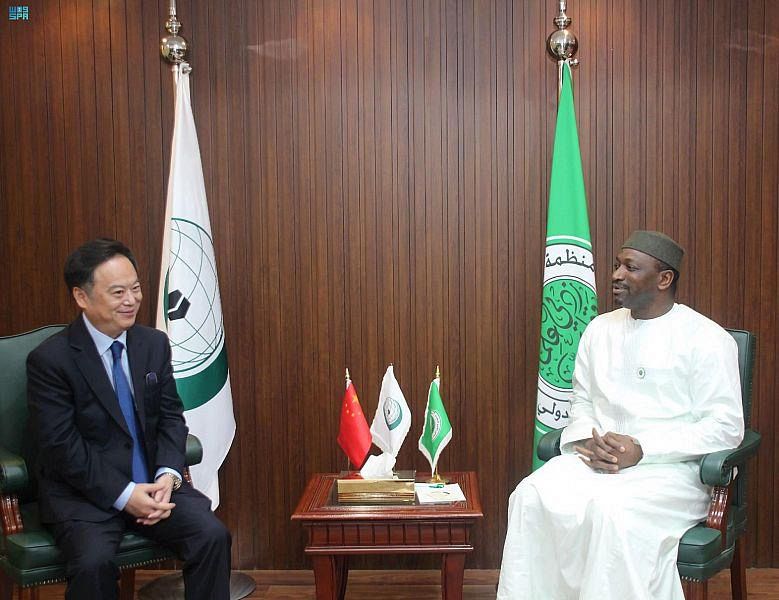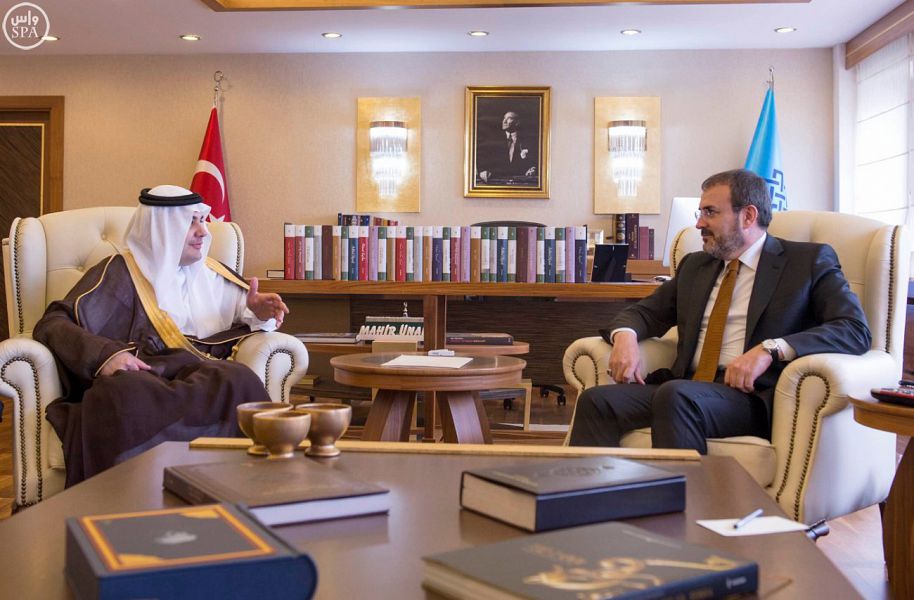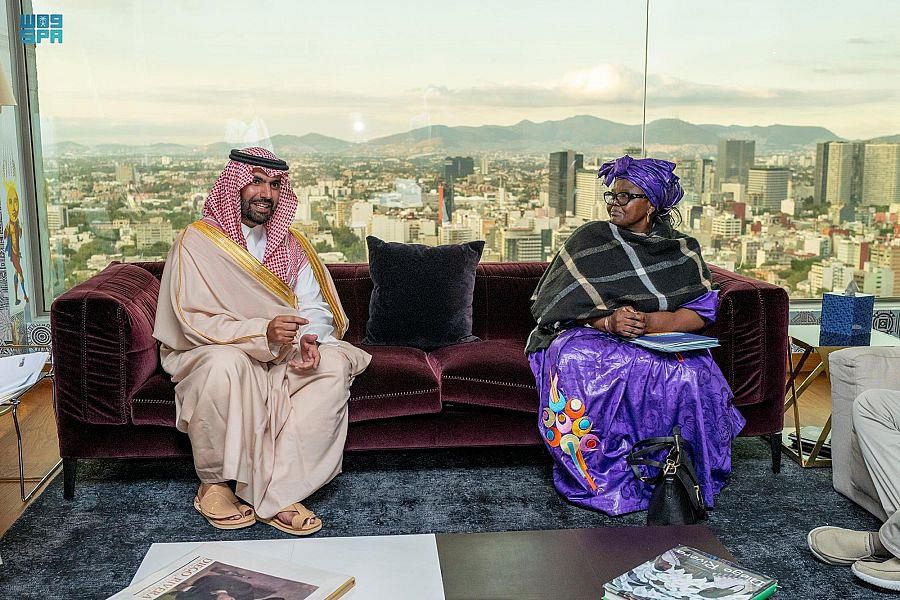
The Kingdom of Saudi Arabia consolidated the culture of tolerance and its values, while rejecting all forms of extremism, hatred and violence, out of its belief that tolerance among people is a basis for coexistence and building civilizations.
The Kingdom considers the tolerant Islamic values as an approach to enhance security, stability and tolerance among all human societies of various nationalities, and political and cultural affiliations, making them a single fabric against all that threatens their cohesion and coherence.
One of the leading Saudi institutions in this regard is the King Abdulaziz Center for National Dialogue (KACND), which plays a major role in promoting and consolidating these concepts and making them an integral part of the culture of society.
Saudi Arabia also established the Global Center for Combating Extremist Ideology “Etidal” that focuses on curbing hate speech and standing up against its advocates by drying up the sources of hate in the media and social networks, encouraging people to report hate crimes, enhancing the role of education towards combating hate speech, and supporting a culture of human coexistence.
Etidal also launches moral initiatives that motivate the rejection of hatred and the dissemination of the values of moderation.
Meanwhile, the King Abdullah bin Abdulaziz International Center for Interreligious and Intercultural Dialogue (KAICIID) exerts great efforts to promote a culture of dialogue, consolidate coexistence, respect diversity, accept pluralism, and support common citizenship among nations.
Saudi Arabia, as a part of its relevant efforts, has recently hosted the Forum on Common Values Among Religious Followers in Riyadh, which aimed to reach global consensus in the context of a common civilizational vision to enhance cooperation and trust between global religious leaders.
The Riyadh-hosted forum also aimed at benefiting from the commonalities between global religious leaders by placing them at the forefront of common principles of human values, promoting the values of moderation and harmony, and effectively supporting efforts to promote tolerance and peace, as well as to develop rational intellectual frameworks to immunize against the dangers of extremist ideology and behavior regardless of its source.
Education is a basic pillar in the formation of the personality of individuals and their concepts, beliefs and perspective towards the other, which can be achieved through integrating the values of equality, rejection of hatred and respect for human rights in the educational content.
It will also help individuals emphasize that tolerance is one of the main pillars in building Islamic studies curricula, in order to promote the values of tolerance, coexistence, respect for other cultures, rejection of intellectual intolerance and hatred.
Secretary General of the Muslim World League (MWL) Sheikh Dr. Muhammad Bin Abdul Karim Al-Issa, during the presidency of the G20 Religion Summit (R20) and the announcement of the launch of the Building Bridges Between East and West Forum, stressed that religion has a role in solving global issues.
This, he said, can be done through understanding reality with a broader, wiser, and human vision, and trying to provide more comprehensive and integrated solutions to the most important contemporary human issues.
He said that history is full of lessons that addressed people with minds about the absurdity of human conflict, adding that lack of unity in the world forms a vacuum that results in negative thoughts and interpretations that result in decisions with high risks and complexity.
He continued that wise dialogues, devoted intentions and true pledges, along with mutual tolerance, would not only to contribute to avoiding conflicts but also build trust, friendship, cooperation and permanent peace.
Dr. Al-Issa also explained the role that believers should play to reach peace and prevent conflicts, saying: Religious leaders have a great influence on their followers due to the spiritual power of these leaders, which is based on the source of their religious discourse, especially that followers of faiths —regardless their beliefs — believe that the source of the faith is sacred and infallible.
He said the world, throughout its long history, has suffered a lot from conflicts among followers of various faiths and civilizations, and has suffered a lot from deepening fractions that ignored commonalities, which, if taken into consideration, would have guaranteed peace and harmony among national societies in the world.
He added that the problem is not in the origin of the religion rather than in understanding the religion itself, urging religious leaders to clean religious concepts calling for peace from misconceptions that are usually very dangerous. — SPA








